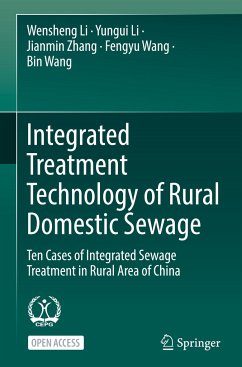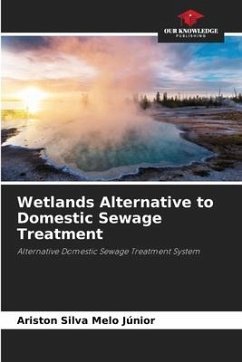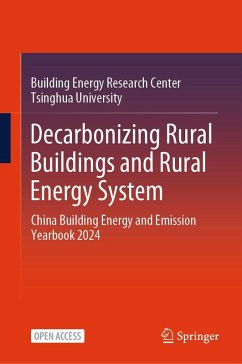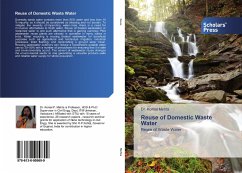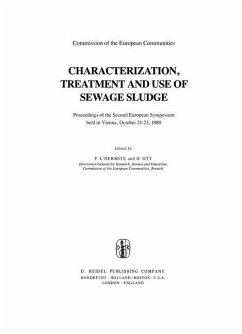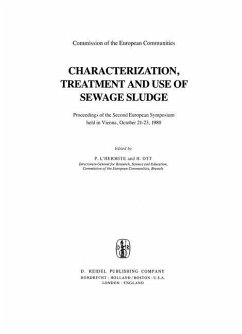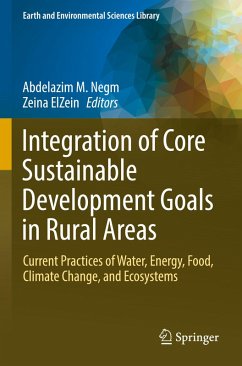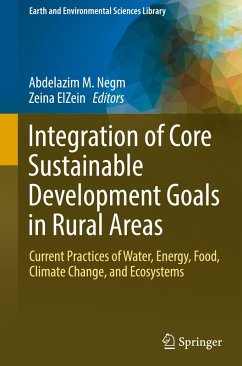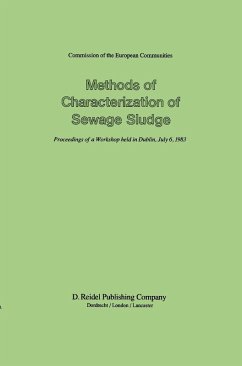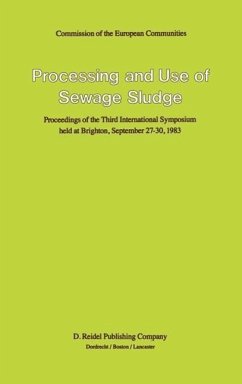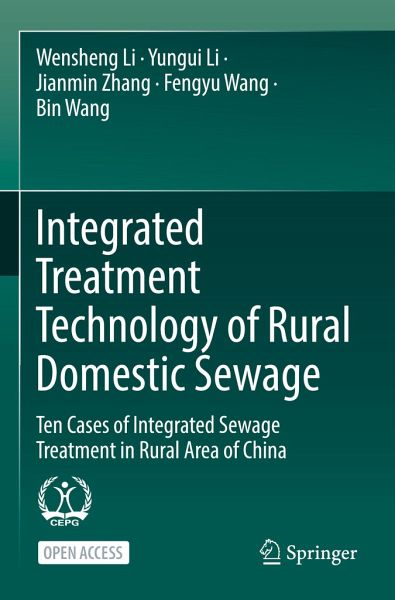
Integrated Treatment Technology of Rural Domestic Sewage
Ten Cases of Integrated Sewage Treatment in Rural Area of China

PAYBACK Punkte
16 °P sammeln!
This open access book provides integrated treatment technology of rural domestic sewage, and highlights ten typical cases in China. The integrated sewage treatment system (ISTE) combine sewage pretreatment, biological treatment, sedimentation, and disinfection, which particularly suitable for decentralized domestic wastewater treatment in rural areas without pipe networks. The main advantages of ISTE include the compact structure, small footprint, short construction period, high treatment efficiency, and economical rationality. First applied in Japan, ISTE has recently achieved rapid growth in...
This open access book provides integrated treatment technology of rural domestic sewage, and highlights ten typical cases in China. The integrated sewage treatment system (ISTE) combine sewage pretreatment, biological treatment, sedimentation, and disinfection, which particularly suitable for decentralized domestic wastewater treatment in rural areas without pipe networks. The main advantages of ISTE include the compact structure, small footprint, short construction period, high treatment efficiency, and economical rationality. First applied in Japan, ISTE has recently achieved rapid growth in China in the last decade. The relevant technological R&D, practice, and promotion experience accumulated by Chinese enterprises can offer significant reference to other developing countries and regions.
The book consists of five chapters. The first chapter introduces characteristics, environmental risks and management styles of rural domestic sewage. The second chapter illustrates the collection and treatment approaches for rural domestic sewage.The third chapter presents the integrated sewage treatment process of high efficiency. The fourth chapter involves the design concept, manufacturing requirements, automatic control, and the cloud management system for ISTE. Chapter five covers ten typical application cases of ISTE in multiple regions of China. This book is suitable for graduate students, engineers, university teachers and government administrators engaged in decentralized sewage treatment.
The book consists of five chapters. The first chapter introduces characteristics, environmental risks and management styles of rural domestic sewage. The second chapter illustrates the collection and treatment approaches for rural domestic sewage.The third chapter presents the integrated sewage treatment process of high efficiency. The fourth chapter involves the design concept, manufacturing requirements, automatic control, and the cloud management system for ISTE. Chapter five covers ten typical application cases of ISTE in multiple regions of China. This book is suitable for graduate students, engineers, university teachers and government administrators engaged in decentralized sewage treatment.





